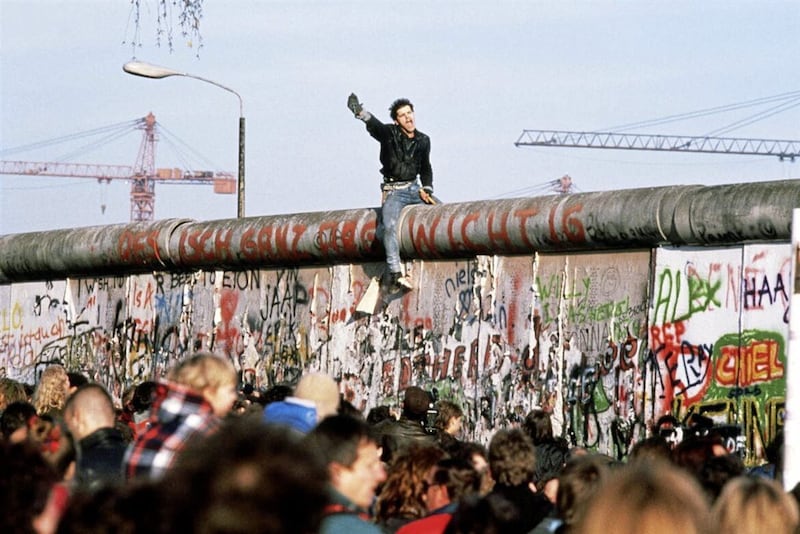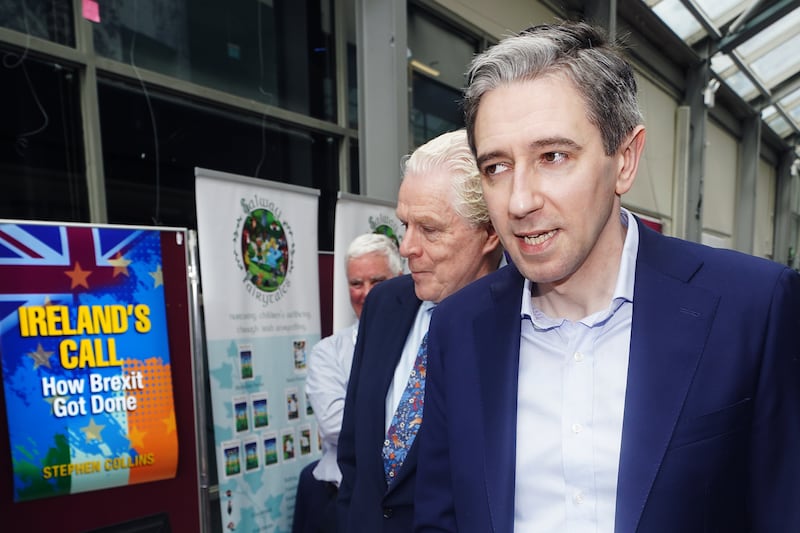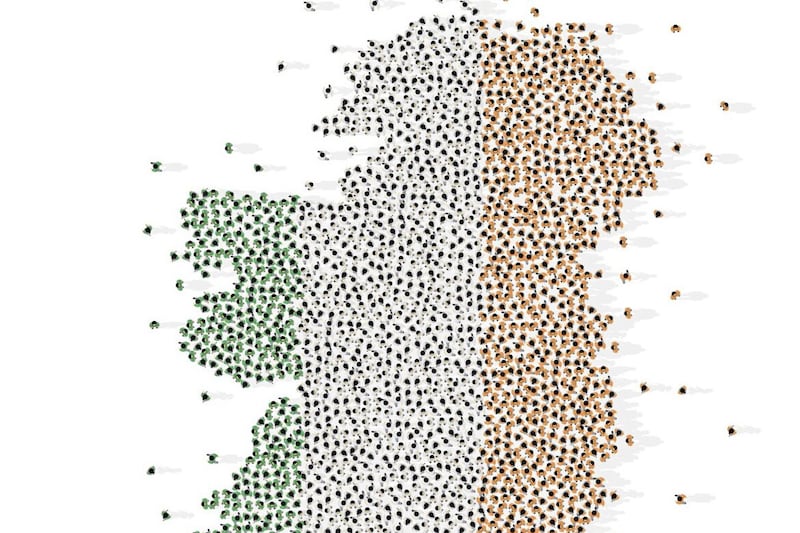There are two unassailable facts that are confirmed by the International and European Affairs’ (IIEA) analysis of the potential financial implications of Irish unity.
The first, that will surprise few people who’ve familiarised themselves with consequences of reunification, is that it will inevitably be a costly project.
The second, which is equally obvious to those who take notice of such matters, is that Northern Ireland is a basket case, with an antiquated education system and a dysfunctional economy.
The conclusion southern partitionists seemingly draw from this situation is that the north is best left alone, its people abandoned to a future of internal disquiet and regret. Meanwhile, their northern counterparts will claim that the region created by a mass gerrymander can be a success, if only we all pulled in the same direction.
But as the reunification of Germany in the aftermath of the collapse of the Soviet Union demonstrated, merging a prosperous, politically mature and dynamic country with an adjacent entity broken by decades of often brutal misrule is problematic but not impossible.
Bringing together West and East Germany after more than 40 years of estrangement wasn’t universally popular and wasn’t without its drawbacks yet it was regarded as necessary and inevitable, in many ways the righting of a historical wrong.

Similarly, the reunification of Ireland will not be an entirely smooth process. It must be remembered too that partition involved a great deal of upheaval and many of its negative implications remain, more than 100 years later.
Achieving Irish unity will of course require the support of a majority in the north and, under the terms of the Good Friday Agreement, it will also need the consent of people in the Republic. While polls suggest there is overwhelming support for unity in the south, the propensity of people to support the status quo cannot be discounted and research like that of the IIEA’s is likely to reinforce the doubts they have about absorbing the north.
But as numerous critics have pointed out, suggesting the annual cost of unity could initially reach €20bn (£17.15bn) is a worse case scenario.
If a border poll, north and south, came out in favour of Irish unity there would be unprecedented international interest and commensurate levels of financial support from the US and the EU. The IIEA analysis takes no account of this and instead argues that the Republic’s standard of living would plummet, its people forced to subsidise the north’s ailing economy and deteriorating infrastructure.
The baseline figures quoted by the report’s authors are also open to question, as there has been much previous debate about the size of the British exchequer’s subvention and the implications of Irish unity for the burden of UK debt on the north’s population.
While the analysis does factor in the possibility that unity will bring economic benefits, it tends downplay these.
All analysis contributing to the debate around Irish unity is welcome, as it demonstrates increased interest in constitutional change. It also underlines the need to plan for a variety of scenarios, including the possibility that the concurrent referendums deliver different results. For all its apparent flaws, the IIEA has succeeded in keeping the discussions around unity on the agenda.








